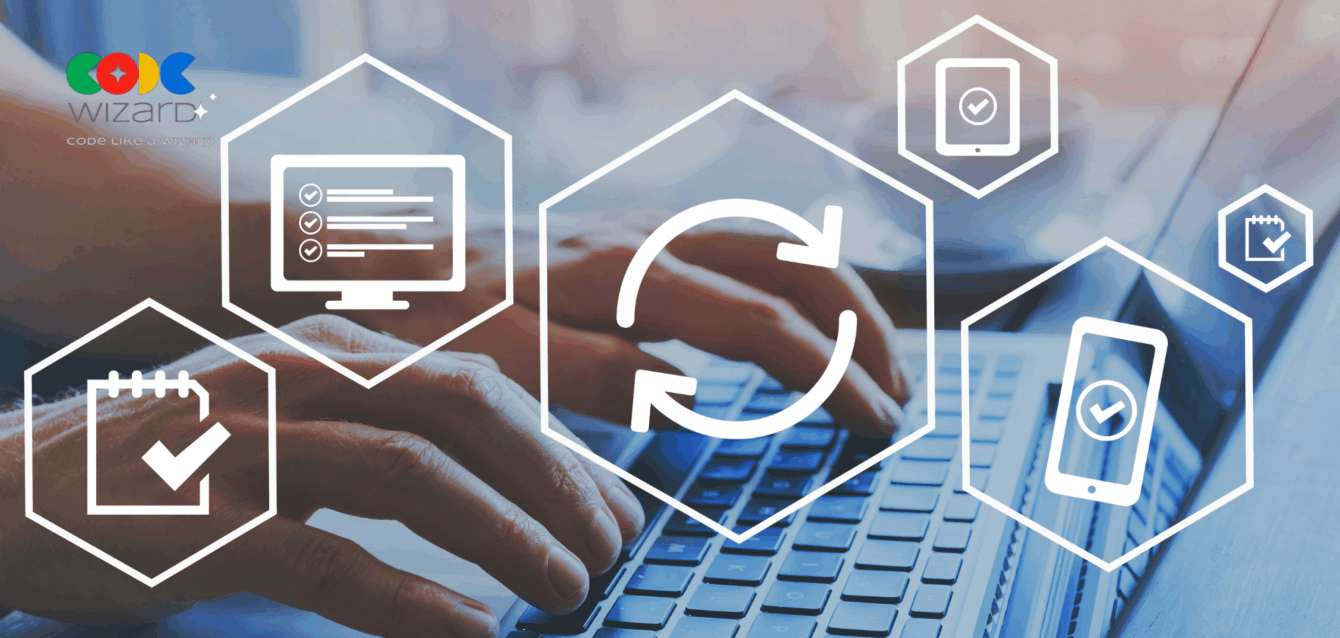Still Using Spreadsheets or Outdated Tools to Manage Your Hospital?
Managing appointments, staff schedules, billing, and patient records manually can be a nightmare, error-prone, slow, and exhausting. You may already have software, but is it really designed for healthcare in 2025?
Let’s explore what truly matters when selecting hospital administration software, and how the right system can transform your patient experience, operational flow, and overall hospital efficiency.
What Is Hospital Administration Software?
Hospital administration software is a central platform that helps manage all aspects of a hospital’s day-to-day activities. From scheduling appointments, to tracking patient history, to automating billing, the software acts as a digital brain behind hospital operations.
It’s more than just a patient record system—it integrates with:
- Patient portals
- Healthcare CRM platforms
- Medical billing systems
- Hospital information management systems (HIMS)
- Pharmacy management tools
Key Features to Look For
1. Integrated Patient Portal
Give patients access to their health data, test results, and appointment calendars through an easy-to-use care portal. Features like the pt portal or access health patient portal improve transparency and engagement.
2. Real-Time Scheduling & Calendar Sync
Choose a solution that offers scheduling software for hospitals or doctors’ offices, with built-in reminders and slot optimization. This cuts down no-shows and improves resource utilization.
3. Billing & Invoicing Automation
Look for medical invoicing software that syncs with consultations, prescriptions, and insurance. Ensure it includes pharmacy software and generates real-time bills—no more surprises for patients or staff.
4. Healthcare CRM & Communication
A modern healthcare CRM keeps all patient interactions organized and provides insights into patient behavior. It enhances patient relationship management and supports better follow-up care.
5. Role-Based Access & Data Security
Select systems that offer secure hospital database management systems with user role permissions, especially for receptionists, doctors, and admins.
How to Choose the Best Hospital Management System
Ask These Questions:
- Does it support hospital information system (HIS) standards like HL7/FHIR?
- Can it integrate with your pharmacy, lab, and billing tools?
- Is it scalable for multiple branches or departments?
- Does it include support and training?
- Is it HIPAA or GDPR compliant?
Certainly, not all hospital software is created equal. Choose one that grows with you.
Benefits of Hospital Administration Software
Feature | Manual Processes | Smart Hospital Software |
Appointment Scheduling | Paper-based, calls | AI-enabled, auto-reminders |
Patient Records | Files, Excel sheets | Centralized medical portal |
Billing & Invoicing | Manual entry | Automated, real-time |
Patient Engagement | Limited | Integrated digital patient tools |
Staff Coordination | Decentralized | Unified dashboards and calendars |
Above all, switching to the right system boosts both efficiency and patient satisfaction.
Real Use Cases
Multi-Specialty Hospitals
Use hospital administration software to manage departments, pharmacy inventory, patient transfers, and case notes all in one dashboard.
Private Clinics
A compact version of a medical practice management system can help schedule patients, generate invoices, and manage follow-ups effortlessly.
Telehealth & Remote Care
Integrate with healthcare CRM software and enable real-time billing, video consultations, and mobile health records for hybrid patient care.
Must-Have Modules in Modern HMS
- Medical patient scheduling software
- Health portal integration
- Pharmacy & lab module
- Healthcare software platforms
- CRM for healthcare providers
- Hospital reception and registration tools
- Real-time analytics dashboard
Most importantly, opt for customizable healthcare software solutions that match your hospital’s size and specialty.
FAQ
1: What is hospital administration software used for?
It manages a hospital’s scheduling, billing, patient data, pharmacy, staff coordination, and compliance all in one unified system.
2: How does healthcare CRM help in hospital management?
A CRM helps hospitals track patient interactions, improve engagement, manage communications, and deliver personalized care.
3: Is cloud-based hospital software better than offline?
Yes, cloud-based solutions offer flexibility, security, and easier updates compared to traditional systems.
4: Can hospital administration systems integrate with pharmacy software?
Absolutely, top systems include pharmacy management modules or integrate seamlessly with external pharmacy tools.
5: What’s the difference between HMS and HIS?
HMS (Hospital Management System) is broader and includes administrative and operational features, while HIS (Hospital Information System) focuses more on patient data and records.
Final Thoughts
The right hospital administration software doesn’t just reduce errors—it transforms your hospital into a connected, intelligent healthcare facility. From AI-based scheduling to patient portals and CRM integrations, your system should be as efficient as your staff.
Ready to upgrade? Explore modern hospital software solutions at Code-Wizad and future-proof your practice today. contact us today.







